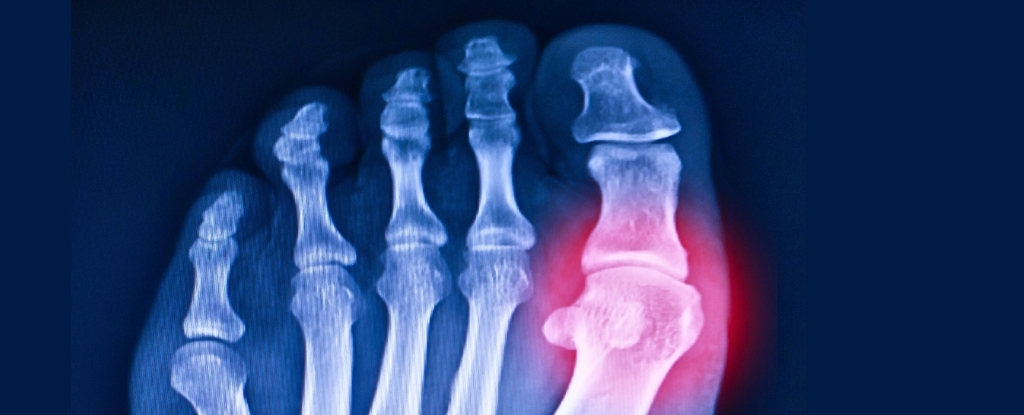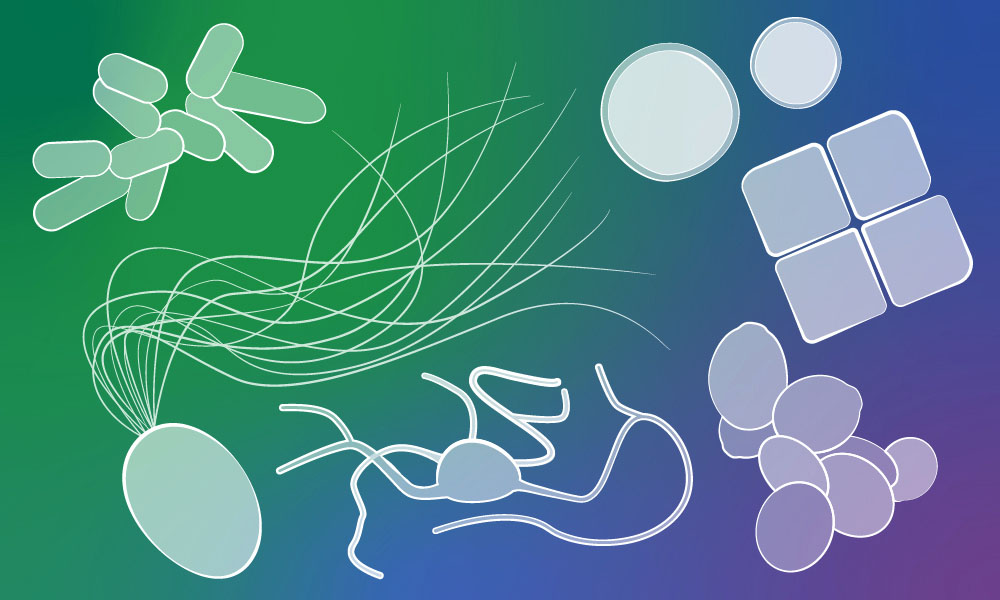
Researchers have successfully revived a gene that has been dormant for over 20 million years, with the aim of addressing gout and related health issues. The gene, known as uricase, produces an enzyme that can help reduce high levels of uric acid in the blood, a condition termed hyperuricemia. Elevated uric acid can lead to painful gout attacks and other serious health problems, including kidney disease and cardiovascular issues.
The study, led by biologists Lais Balico and Eric Gaucher from Georgia State University, focuses on the historical loss of the uricase gene in human evolution. According to Gaucher, “Without uricase, humans are left vulnerable.” The gene was phased out millions of years ago as higher uric acid levels were advantageous for converting fruit sugars into fat, aiding survival during periods of food scarcity. Today, however, the same mechanism contributes to various health risks, making this research particularly relevant in modern contexts.
Restoring the Uricase Gene
To explore the possibilities of reactivating the uricase gene, Balico and Gaucher utilized the CRISPR gene-editing technology. They reconstructed the ancient version of the gene based on its active forms in other mammals and created computer models to understand its evolutionary journey. Initial tests involved engineered human liver cells in a laboratory setting, which successfully produced uricase, leading to a significant reduction in uric acid levels and fatty deposits associated with fructose metabolism.
The research team also observed encouraging results in more complex 3D liver spheroids, indicating the potential effectiveness of their approach. Gaucher noted, “By reactivating uricase in human liver cells, we lowered uric acid and stopped the cells from turning excess fructose into triglycerides.” This discovery holds promise not only for gout sufferers but also for individuals at risk of other conditions linked to high uric acid, such as cardiovascular disease and kidney stones.
Future Implications and Research Needs
While the initial findings are promising, further research is essential to ensure the safe reactivation of the uricase gene in humans. Gaucher emphasized the importance of understanding how to implement this genetic change without disrupting other vital biological processes. Currently, it is estimated that approximately 1 in 5 people in the United States suffer from hyperuricemia, which can be exacerbated by dietary choices, particularly the consumption of red meat and alcohol.
Available treatments for gout do not always work effectively for all patients and can come with undesirable side effects. As Gaucher stated, “Our genome-editing approach could allow patients to live gout-free lives and potentially prevent fatty liver disease.” The implications of this research extend beyond gout, potentially offering solutions for a range of diseases associated with elevated uric acid levels.
The findings of this study have been published in the journal Scientific Reports, marking a significant step forward in the quest to understand and treat conditions related to uric acid metabolism. As scientists continue to explore the applications of this ancient gene, the hope is to unlock new avenues for preventing and managing these prevalent health issues.






